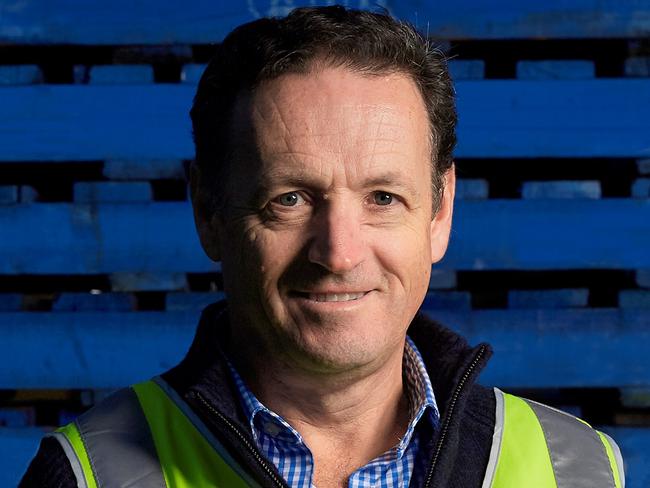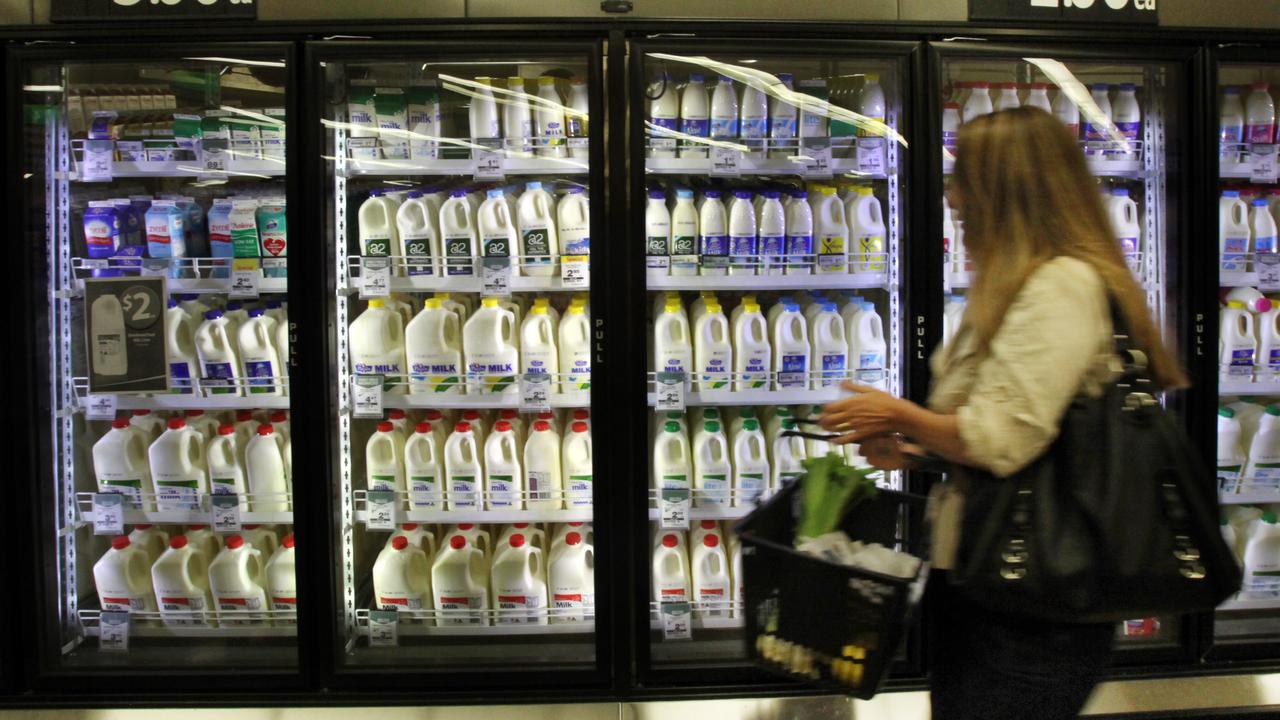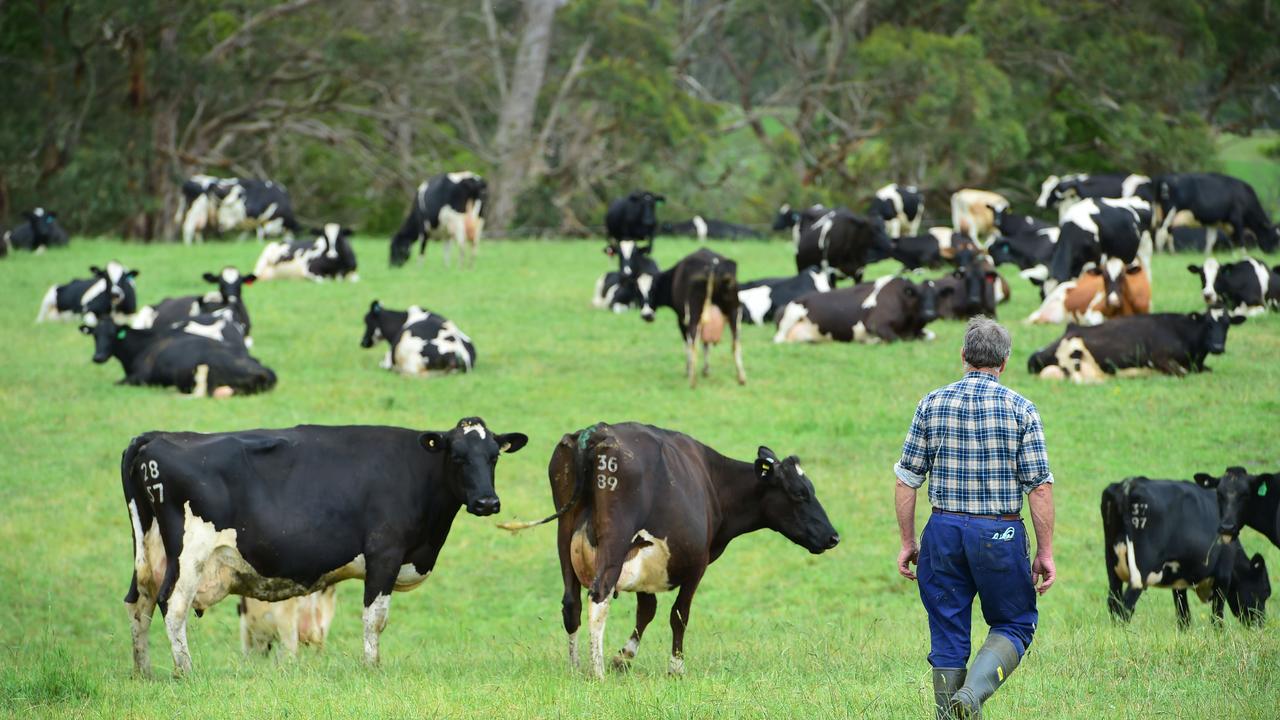Allow horticulture to get the workers it craves with special visa
A SPECIAL visa will provide security for horticulture, argues JAMES WHITESIDE.

THE biggest challenge facing horticulture growers is accessing an efficient, reliable and competent workforce.
Improving profitability and productivity is essential to growing the industry’s value, which sits at $11 billion, but with much more potential.
However, accessing more dependable labour is the key for horticulture’s ability to grow and continue to prosper, all at a time when consumers crave a healthy diet and healthy food.
AusVeg, along with other members of the National Farmers’ Federation Horticulture Council, have long advocated for an agriculture visa.
So far it has met with mixed results from the major parties. The Coalition says it supports a visa and will deliver it, but also says it needs more data.
The Labor Party also supports a dedicated visa for the industry, but it had not seen the detail. The “detail” has since been sent to them by AusVeg. Horticulture deserves a committed workforce.
While industry benefits greatly from backpackers it is not a reliable solution and efficiency can be difficult. Many backpackers will do their 88-days to “tick the box” and continue on their travels.
This becomes an ongoing management issue for employers. Imagine running a business where you need to replace a large chunk of your staff every three months — to recruit, induct and train them, only to see them moving on after only a few months.
The Seasonal Worker Program is a great addition to the horticulture sector, but it is not perfect. There are limitations on how long these workers can stay on-farm and it is a complex process, which excludes growers who don’t have the administrative capacity to manage the bureaucracy.
This is why the industry has been calling for an agriculture visa. It would allow workers from neighbouring nations to work solely in agriculture and stay at least two years, and potentially up to four years, developing the skills they need to help family businesses in their own nation and earning money to take back and support their families.
●James Whiteside is AusVeg chief executive


